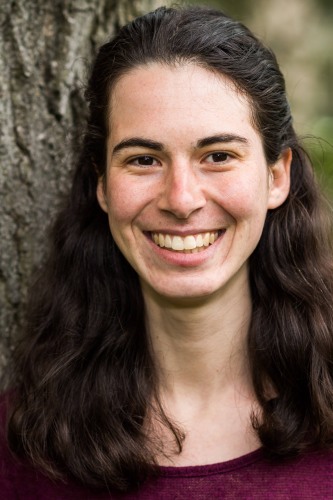Communications Earth & Environment
Physical controls on heterogeneous mesopelagic biogeochemistry
In a recent perspective paper, Assistant Professor Mara Freilich, former posdoc Lilly Dove, and graduate student Katarina Merk present observational and model-based evidence for ocean eddy processes that lead to small-scale heterogeneity in the upper mesopelagic ocean.
Read Article
